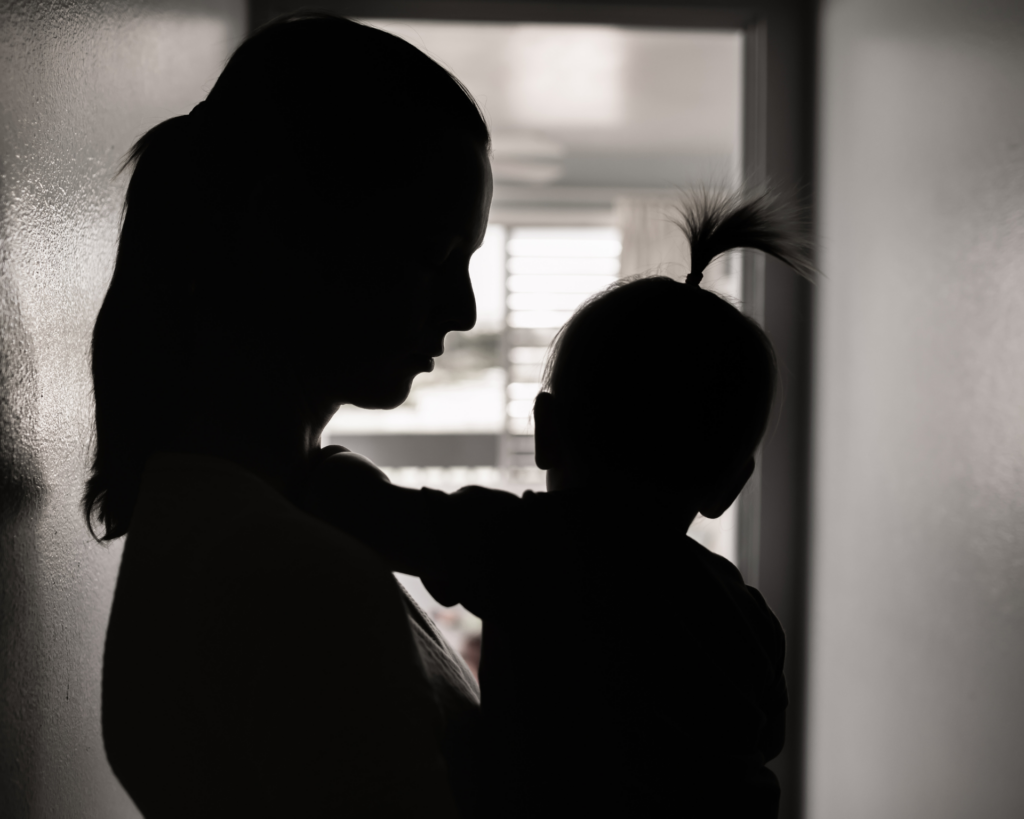The Cost of Eviction
Pregnant people facing eviction had a higher risk of both low birth weight and preterm birth, with Black women experiencing the highest risk.

Read Time: 3 minutes
Published:
Not having access to safe and reliable housing can be stressful and harmful, especially when pregnant. Eviction is linked to high blood pressure, chronic disease, and all-cause mortality. Among young mothers, unstable housing or constantly changing residence increases the risk of low birth weight. Experiences of eviction are also associated with an increased risk for infant mortality. However, little research exists on how eviction experiences might negatively affect pregnancy outcomes or if structural racism or other forms of discrimination worsen these experiences.
Emily Harville and colleagues analyzed data from the Eviction Lab and the National Center for Health Statistics to evaluate how eviction affects birth outcomes, specifically preterm birth and low birth weight. Smaller babies or babies born prematurely often have an increased risk of intellectual and developmental disabilities. Harville classified low birth weight as a baby weighing less than 5.5 pounds at birth and preterm birth as babies born at 37 weeks or less. The team compared these birth outcomes against eviction and filing rates from 2,460 counties in 44 U.S. states.
The researchers found pregnant people facing eviction had a higher risk of both low birth weight and preterm birth, yet the risk for low birth weight was higher than for preterm birth. Black women included in the study were also more likely to live in counties with higher eviction and filing rates at 43% and 44%, respectively, compared to White women at 23% for both eviction and filling rates and Hispanic women at 23% and 18%, respectively. Black women also faced the strongest link between eviction rates and both low birth weight and preterm birth.
However, it was difficult for the investigators to determine that eviction was a direct cause of more pregnancy complications. Neighborhoods with high eviction rates also may be experiencing high unemployment rates, increases in layoffs, and high levels of violent crime. In particular, predominantly Black and low-income areas are subjected to higher rates of assault and gun violence compared to higher-income and White neighborhoods.
Other research reported that Black women living in low-income and disadvantaged neighborhoods are more likely to report racial discrimination, further increasing the risk of pregnancy complications. Ongoing discrimination, a remnant of redlining that limits a resident’s ability to secure a bank loan, puts women living in minority neighborhoods at financial risk and at risk of eviction. While the practice no longer occurs, a later study indicated an association between the fallout of past redlining and preterm birth.
Black women in the U.S. already experience adverse pregnancy outcomes, including infant mortality, preterm births, and low birth weights at 2 to 3 times the rate of White women. Harville’s analysis adds to the growing evidence that structural racism contributes to pregnancy health disparities.
Understanding the impacts of eviction on maternal and child health are important as ever, since the protections against eviction implemented during the COVID-19 pandemic are no longer in place. The researchers acknowledge that secure and suitable housing is an essential driver of health. Policies to improve housing access, including increasing legal assistance, financial counseling, and broader public housing availability, may improve pregnancy outcomes.
Photo via Getty Images



